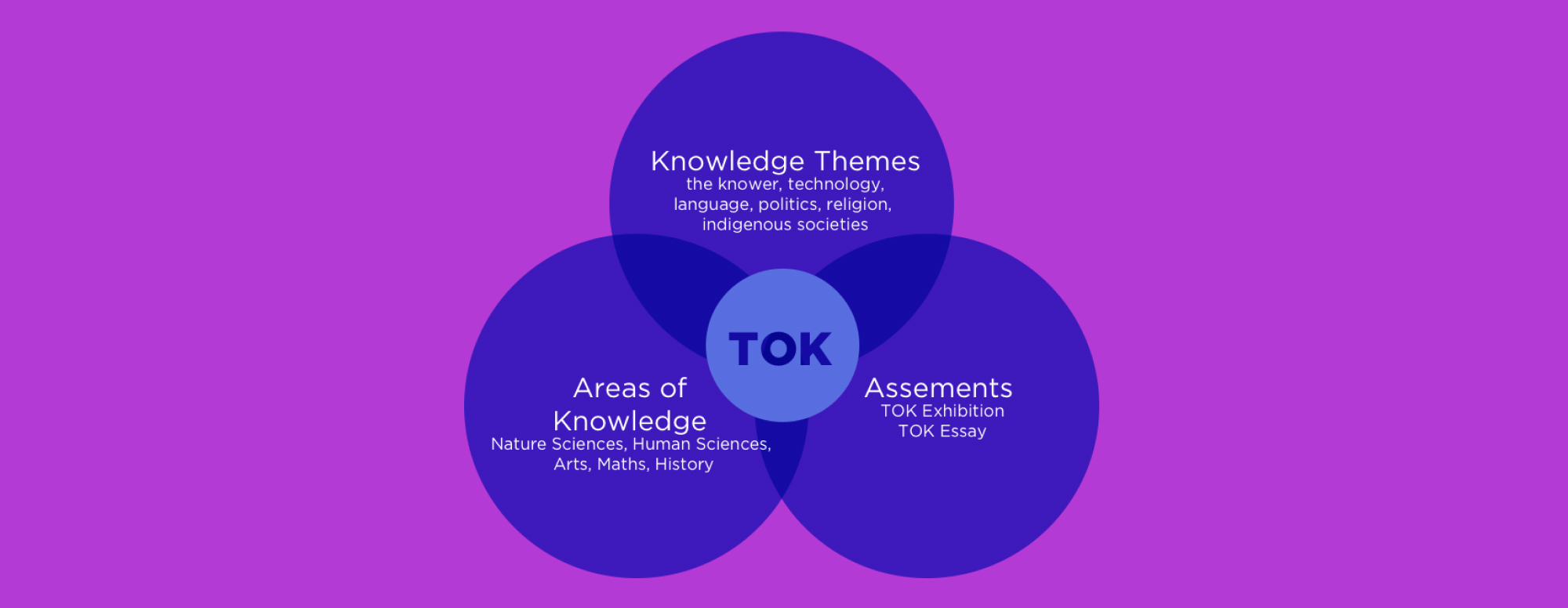An Overview of the Five Optional Themes in TOK
Exploring the Theory of Knowledge entails studying the central theme along with two out of the five optional themes. The objective is to foster comprehension of the concept of knowledge and delve into the core theme of the knower, thereby facilitating critical evaluation of one's own perceptions of knowledge. While teachers may offer guidance in selecting a suitable theme for research, the choice ultimately rests with the students, allowing them autonomy in their exploration.
For enhanced comprehension, Blen has conducted a brief analysis of the five optional themes in the TOK course below:

Five Optional Themes in TOK:
1. Knowledge and Politics: An Interconnected Perspective
Since childhood, we've recognized that knowledge equates to power, a correlation evident in the realm of politics. Knowledge empowers individuals to shape their understanding and influence others.
Through electoral campaigns and political debates, we witness how political leaders leverage knowledge and facts to drive their agendas. Examining political claims reveals how authorities utilize facts to sway public opinion and secure votes. However, actions carry equal weight alongside facts.
Key considerations include:
-
Distinguishing truth from falsehood
-
Understanding the dichotomy between facts and fiction
-
Questioning the authority that defines and possesses knowledge
-
Identifying scenarios necessitating expert opinions
Exploring the intersection of knowledge and politics grants students insight into contemporary issues and fosters critical thinking on topics such as law, gender, values, society, power, and race.
2. Understanding Knowledge and Technology
The landscape of information acquisition has drastically evolved with technological advancements, diverging from traditional methods like visiting local libraries for new knowledge. Today, anyone with a mobile device or laptop and internet access can effortlessly share or acquire information.
Yet, critical questions persist:
-
How can we verify the accuracy of this information?
-
Is it substantiated and grounded in reliable sources?
The primary aim of delving into the Knowledge and Technology theme in TOK is to instill in students the importance of discerning information credibility. Students must refrain from accepting online content at face value and instead prioritize information backed by credible sources.
3. Indigenous Societies and Knowledge
In contrast to the modern education system's emphasis on mathematics, logic, and science, indigenous societies offer a unique perspective on the nature of knowledge.
This theme prompts students to examine the formation of knowledge within a community of knowers and how certain beliefs are validated as knowledge.
Within this context, students have the opportunity to explore diverse linguistic and philosophical concepts in a more accessible manner.
4. Understanding Knowledge and Religion
Throughout history, religion has served as a fundamental source of knowledge, offering guidance on how to navigate life.
The connection between knowledge and religious belief systems is complex, influenced by individual perspectives and interpretations. Likewise, the acceptance of knowledge derived from religion varies among individuals.
5. Exploring the Intersection of Language and Knowledge
This theme encourages students to investigate the relationship between language, cognition, and authority, and its impact on individuals' perceptions of what constitutes knowledge.
Students are challenged to establish connections between the core theme of the knower, knowledge, and optional themes, facilitating a more comprehensive understanding and application of knowledge inquiries.


